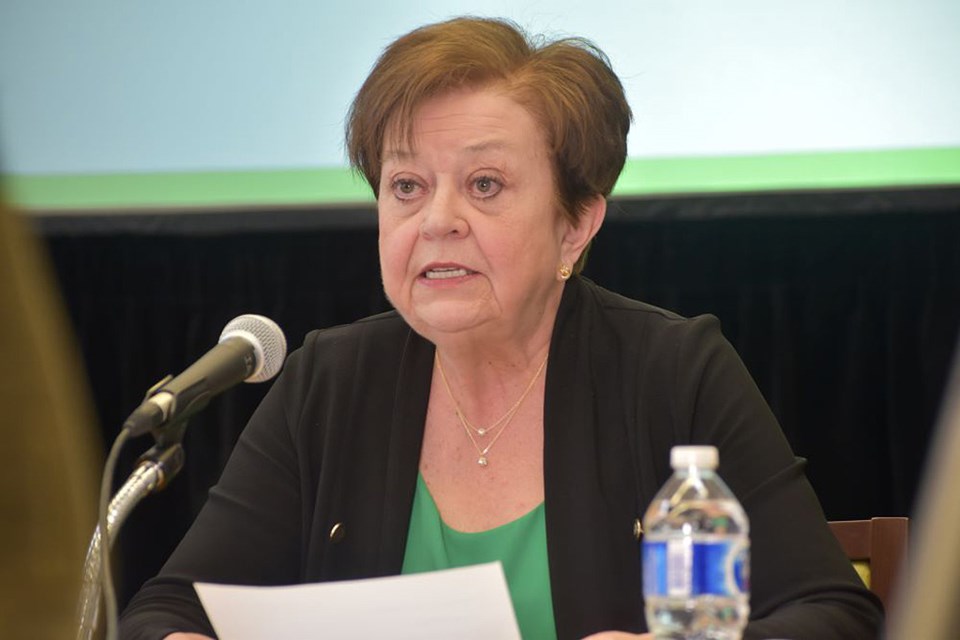The sounds of scrambling could be heard as Finance Minister Donna Harpauer presented her final budget for the Sask Party, and one wonders if the timing of the provincial election later this year was a factor.
It’s tricky for an incumbent government to present a budget in an election year, because they have a certain agenda which may or may not be accepted by the voting public – but the budget will have to be something that they will greet in a positive way.
For this budget, spending money was a big part of the document, and there will be a deficit, projected at $273.2 million. The plan is, dependent on their re-election of course, to have a surplus budget by 2025-26.
In a year with bad inflation, due in no small part to the federal government’s policies, the Sask Party had a chance to give a little bit of relief to residents.
The relief would have been particularly useful, because the Liberals plan to hammer the residents of Saskatchewan even harder with a big hike in the carbon tax as of April 1st (and who cares that 70 per cent of Canadians and seven of 10 premiers all asked Trudeau to cancel the increase).
Knowing this unfair and regressive tax will only be getting worse, the provincial government could have reduced or removed their own tax on gas – but no. The claim is that there is relief built into the budget with reduced income tax rates, not to mention the gas tax goes to the Highways budget, and road improvements.
A reduction of the PST could have served then, if they are reluctant to give up gas tax monies – any relief would have been welcomed, particularly after the Liberal-caused inflation rate goes back up after April 1.
Another troubling aspect of the budget is that an amount was set to cover any increase in teachers salaries and benefits, even though that labour dispute is a long ways from being resolved. Wouldn’t it be better to sit down with the teachers and negotiate, or send the contentious items to arbitration as the teachers have suggested?
The longer they stay away from the negotiating table, the longer this issue will hang over their heads, and it may very hurt them at the ballot box this fall, especially if the kids keep being hurt, with the loss of all sorts of extra-curricular activities. What’s next – cutting grad ceremonies? Wasn’t losing Hoopla bad enough, or the loss of musical productions and music festival entries?
Some aspects of the budget are positive, such as increasing the revenue sharing grants for municipalities, which have all feeling the impacts of inflation, and are in need of infrastructure assistance, among other things. Some areas got more money, like health care and education, but more work is needed to help those areas provide the level of services that residents want and need.




